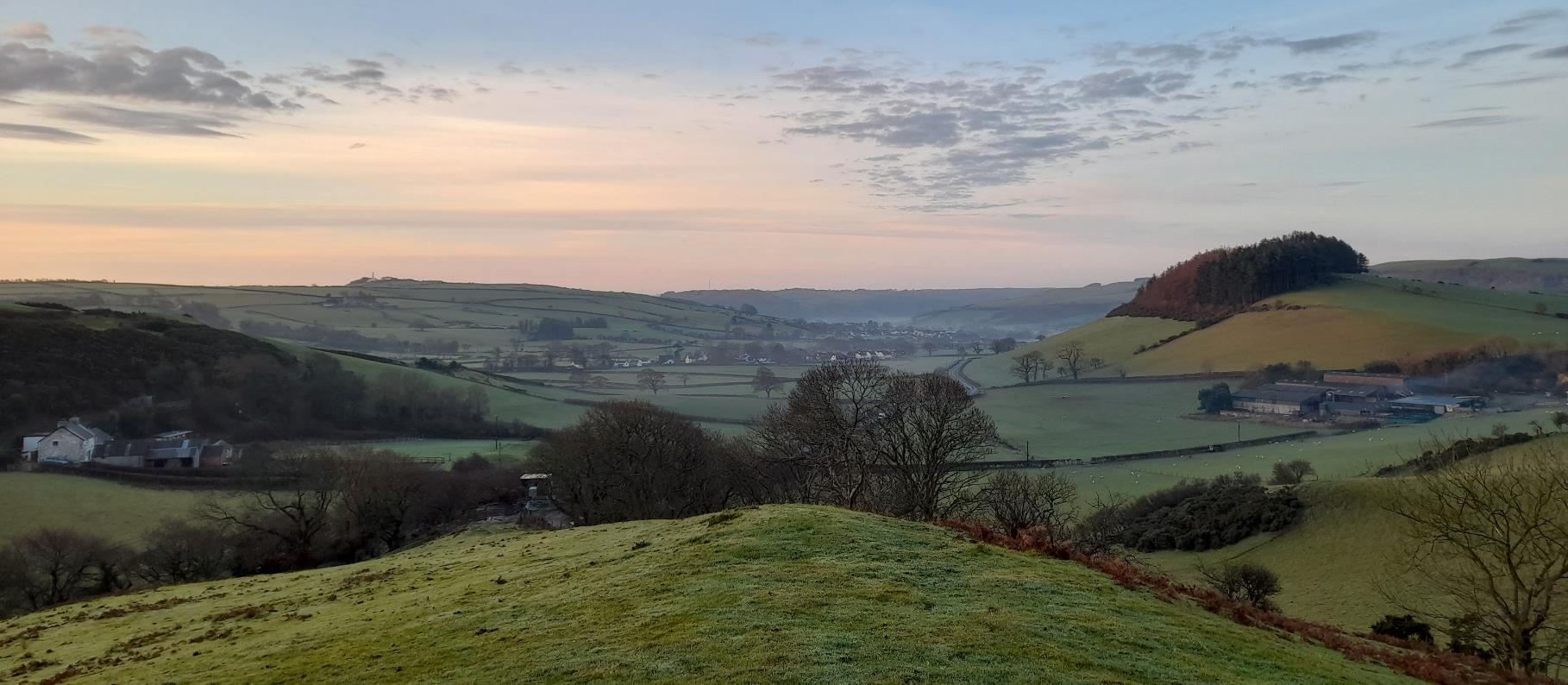
2 minute read
THE SWRC AND INTERDISCIPLINARY COLLABORATION
The Sir William Roberts Centre was established nearly five years ago, in 2018, with the aim of fostering interdisciplinary land-based sustainability research. Demands for interdisciplinarity – that is, approaching research tasks from more than one scientific perspective - have become increasingly common and the Centre sought to increase Bangor’s capacity to respond to these demands. Since then there have been some notable successes – including, recently, the completion of the Centre’s first doctoral research projects – along with some substantial challenges.
Since its establishment, SWRC researchers have been involved in projects securing eight new research projects worth £1.46M to the university. Our work is especially prominent in the forestry arena with involvement in current projects focused on understandings of microbiomic aspects of tree health (Future Oak), forest diversification strategies (DiversiTree), and the governance of forest monitoring and climate smart forestry (FORWARDSASP). Another new project, focused on the potential contribution of autonomous systems to forest protection (ASPEN), has begun recently. The Centre also funded a 12-month postdoctoral research position focussing on metrics for quantifying the land use sustainability, culminating in a paper co-authored with colleagues at Bangor and the University of Galway and career progression for an early career researcher. We are very proud of these achievements.

Achieving effective interdisciplinarity is far from a straightforward task. Our experience has shown that it is especially driven by the enthusiasm and commitment of interested individuals. The Centre’s evolution has often relied on such individuals making time in their extremely full academic lives to follow-up an interesting idea, or contribute to a new research proposal. Conversely, of course, a lack of time is the primary barrier to developing interdisciplinarity.
It may seem obvious, but it is critical to note that interdisciplinarity does not happen in isolation. It thrives on interactions between different types of researchers working in different arenas. These interactions - often simply conversations – are essential for stimulating new ways of thinking about big challenges such as how to respond to climate change. Furthermore, interdisciplinary collaboration can be especially effective when it is clearly directed towards solving a specific problem. In our experience it is therefore vital to provide opportunities (over the long term) for diverse researchers to interact around these problems –preferably jointly experiencing aspects of them in the field. The ‘talking shop’ is often frowned upon – especially outside academic circles – but it is an essential component of interdisciplinarity. These exchanges can take any form: workplace chats; academic seminars; meetings with practitioners; or even dog walks! The covid pandemic arrived just a couple of months after our launch event at Henfaes and put a serious dent in our ambitions for face-toface interactions. However, it has generated new opportunities, publications and ways of working, and we are now embarking on a new series of ‘hybrid’ seminars (delivered online and in-person) focused on ‘The future for trees on farms’ in the UK.
The future is full of interdisciplinary potential and our hope is that the SWRC now provides a solid foundation on which to build this in the land-based sector. As Sir William’s generous endowment is finally drawn down later this year, we must continue to seek new ways to generate the enthusiasm, time, opportunities, interactions, and ambitions essential to interdisciplinarity over the long term.





